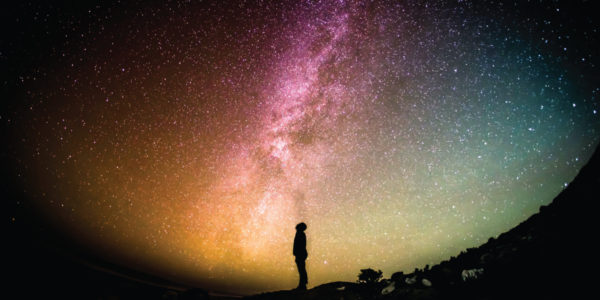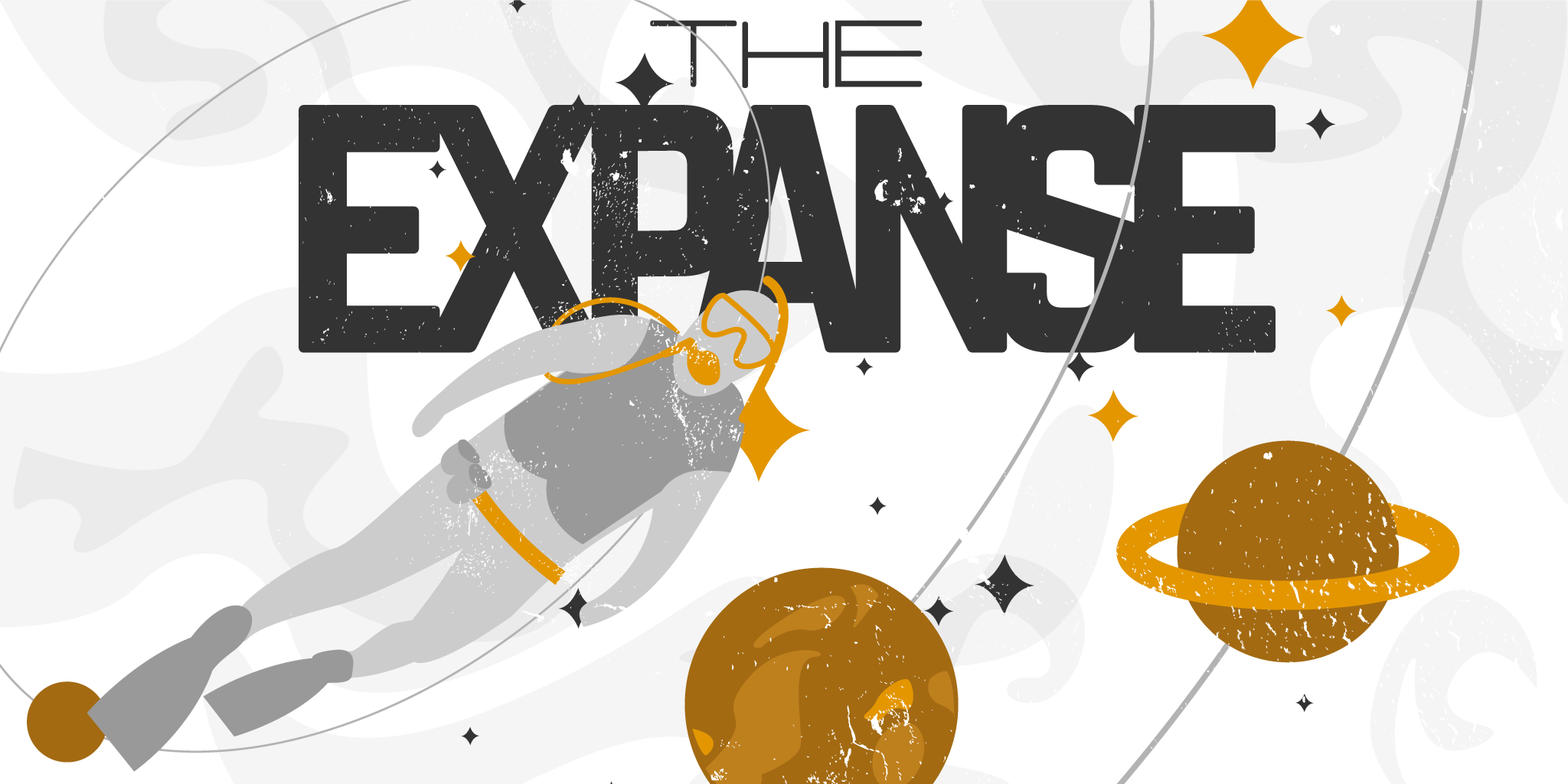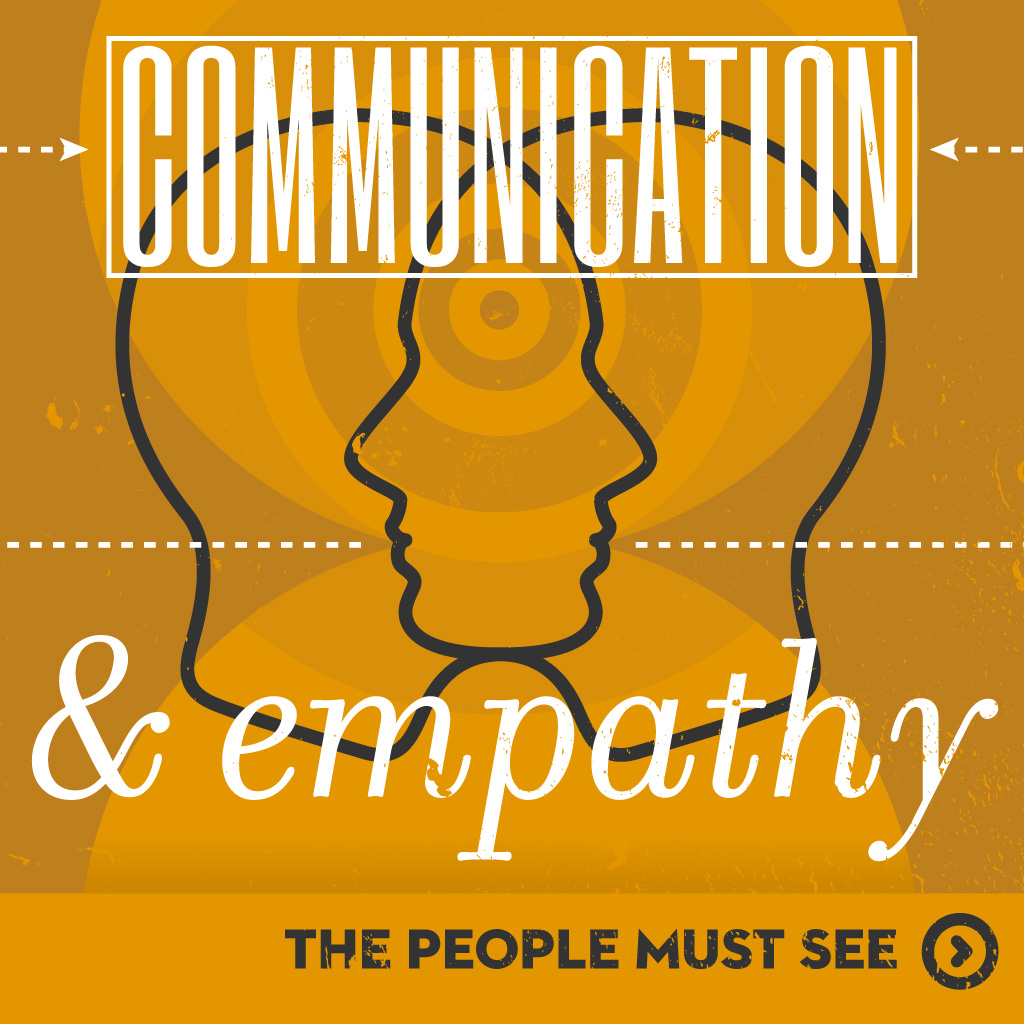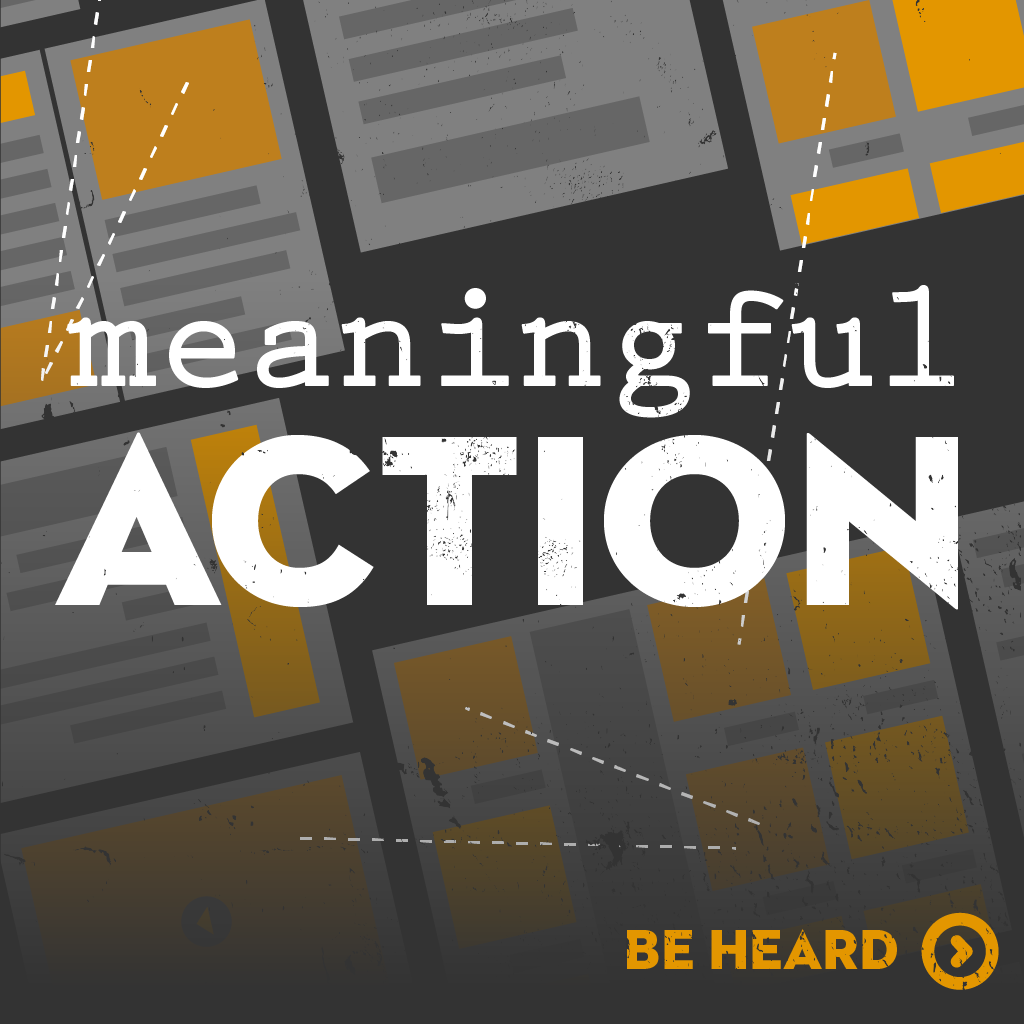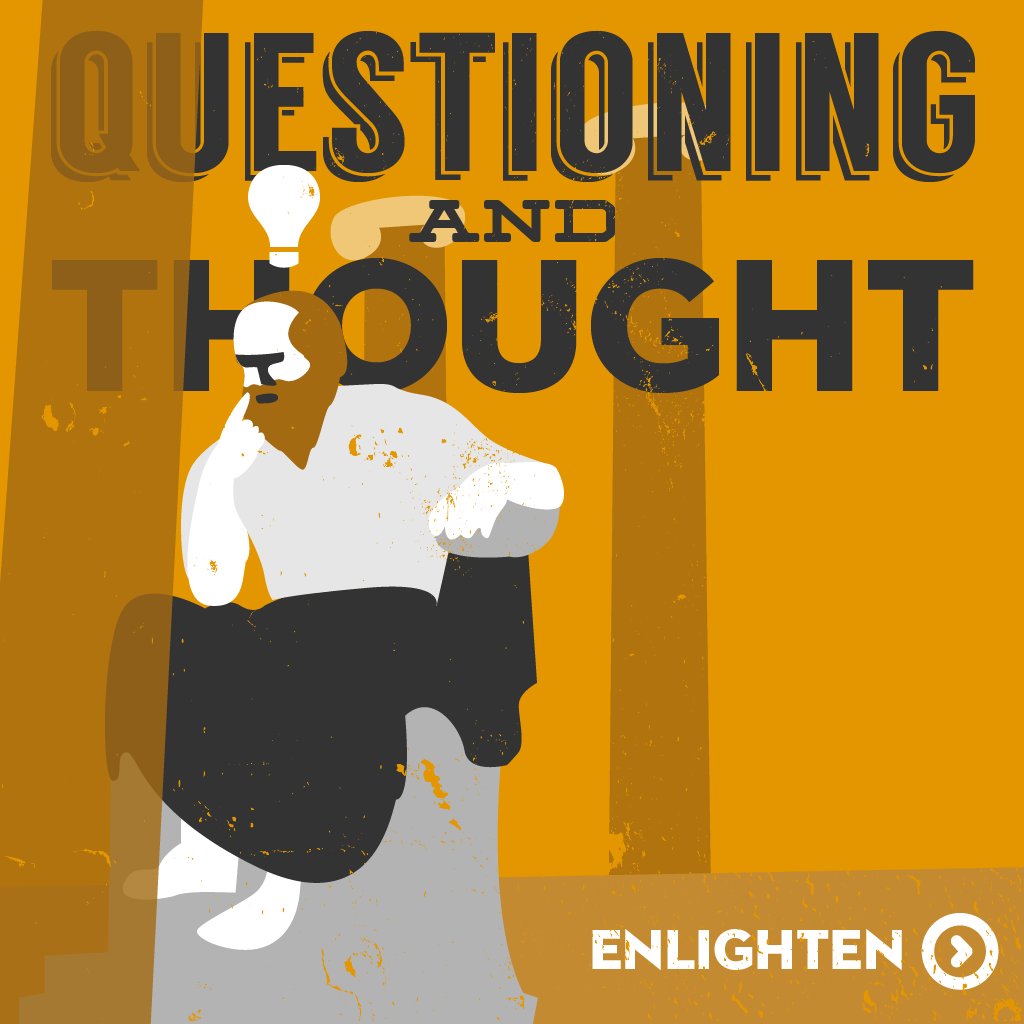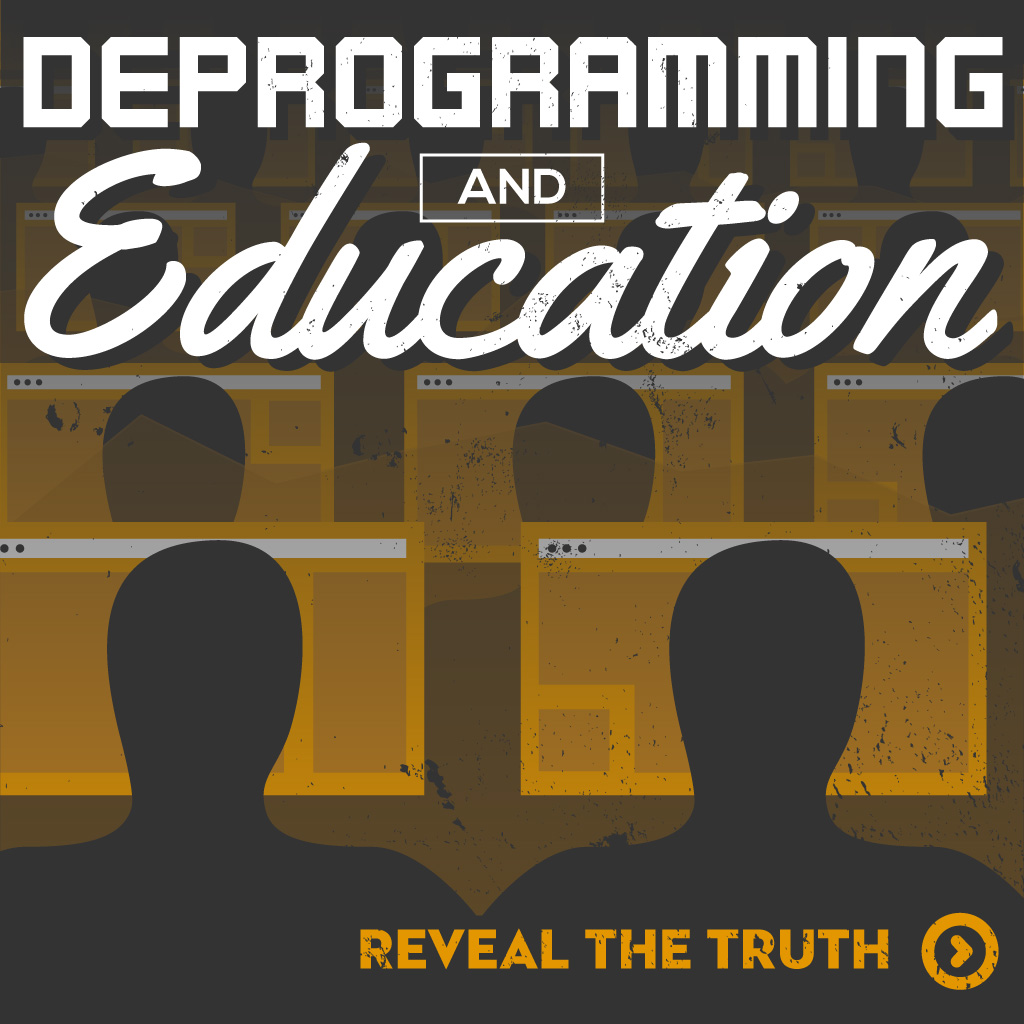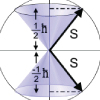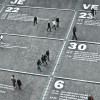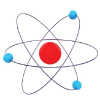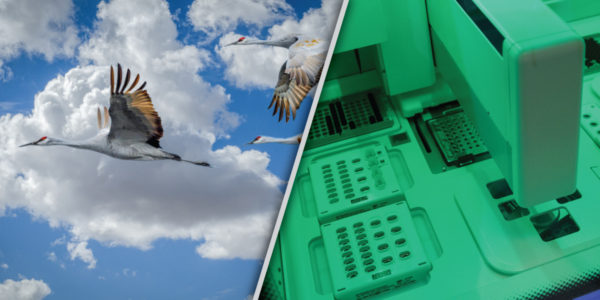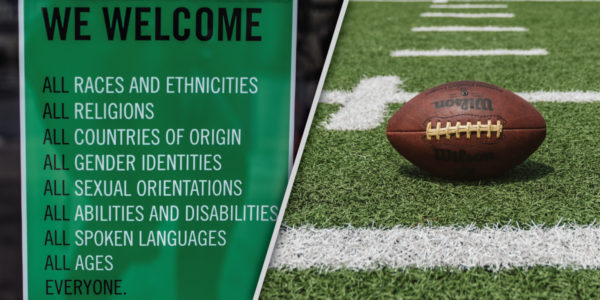Causality
What we see is not reality but a useful perception intended to help us through our world more systematically. All of our perceptions are constructs of the brain and do not actually exist out in reality. The brain uses depth, light, and other perceptive cues to interpret what is there and combines it with memory to create what we believe we see before our eyes. In science, we can show how both time and space are dependent on the observer, and there are several quantum truths that imply that reality changes based upon whether or not an observer is present. If we can’t trust our eyes, and reality seems to have multiple sets of rules, is there anything that we can really know, or any common reality that we can share? Here we talk about something that everyone does agree on, causality, and how understanding why it is the thread through everything helps us to find truth in a soup of perceptions.
Answers in our DNA
Several migrating species display an astonishing innate ability to replicate the migration patterns of previous generations without learning or following them first. This allows the novice offspring to migrate earlier than the experienced adults of the flock, with the adults rejoining the offspring later in the season. Unless you are a believer in a complex bird language that can communicate directions, this phenomenon can be explained by memories stored in DNA.
Here we explore what other answers could potentially be unlocked through DNA and innate memories. Is it possible that pieces of our history are stored inside ourselves? Could advancements in the study of our universe ultimately be unlocked through this amazing code of information?
Expanding societal systems to apply the lessons of history
From democracy, to communism, to socialism, to monarchy, to anarchy – Outside of thought experiments, real world examples of different societal systems across history share a common property of failure. Seemingly, all examples, when given time, move away from the ideals they were founded on and from the original goals the system was created to achieve. Why do we feel the need to choose one system instead of making a grand system, a supersystem, that is formed from the best ideas of each? Why don’t we incorporate the lessons painfully learned from their weaknesses?
Here we explore the history of the ideals these systems were founded on as well as the real world examples of these systems that share the name but left the ideals behind.
Using a lie to reveal the truth
Magicians use deception to create illusions intended to entertain audiences. When an audience no longer understands that they are being deceived, and instead believes that magic itself is occurring, is it the responsibility of the magician to reveal the trick? Can magicians be helpful in spotting deception in society’s corrupt entities? Is using deception to reveal the truth different than using deception to conceal the truth?
Football: a case study of Marketing in sports
The lights, the brands, the music, the timing, the tribalism, and the seamless transition between the sports event, the advertisers, and the program that sports fans watch at home.
Football is possibly the best example of marketing in its most efficient and effective gear. Marketing tactics are implemented to steer your actions, amplify your emotions, and maximize spending. However, football is a shared experience that is special without the extravagant performance, the influential tactics, or the flashy camera angles and interactive graphics.
It transcends race, religion, and politics, and provides a platform for people with differences to come together. Can we establish common ground with those we don’t understand by talking about football? Can that common ground be built upon to bridge our differences?
Comedians
Comedy is a tool that can be used to reveal the truth. Comedy is so effective at stripping back discomfort, that sometimes it can be the only way to talk about the truth when it is especially ugly. Comedy helps us face truths in ourselves and truths in others–and when we can laugh together, we struggle less to see that we are more similar than we imagine. In our political atmosphere, a few comedians have ventured into using comedy to make political points, and like any good tool, comedy can also be used as a weapon. We talk to comedians that are using comedy to bring people together instead of tearing people apart, to see if laughter is the solution to all of our differences.
Poetic Naturalism
While naturalism is the "idea or belief that only natural (as opposed to supernatural or spiritual) laws and forces operate in the world", poetic naturalism understands that the way we find personally relevant meaning to life does not naturally emerge from a purely scientific approach. Science is a rigorous method of finding what is true or false, while poetic naturalism encourages extending the conversation to include contemplation into what is right and wrong. It integrates scientific reasoning methods into our personal purpose-seeking and meaning-making, with an emphasis on Bayesian techniques.
